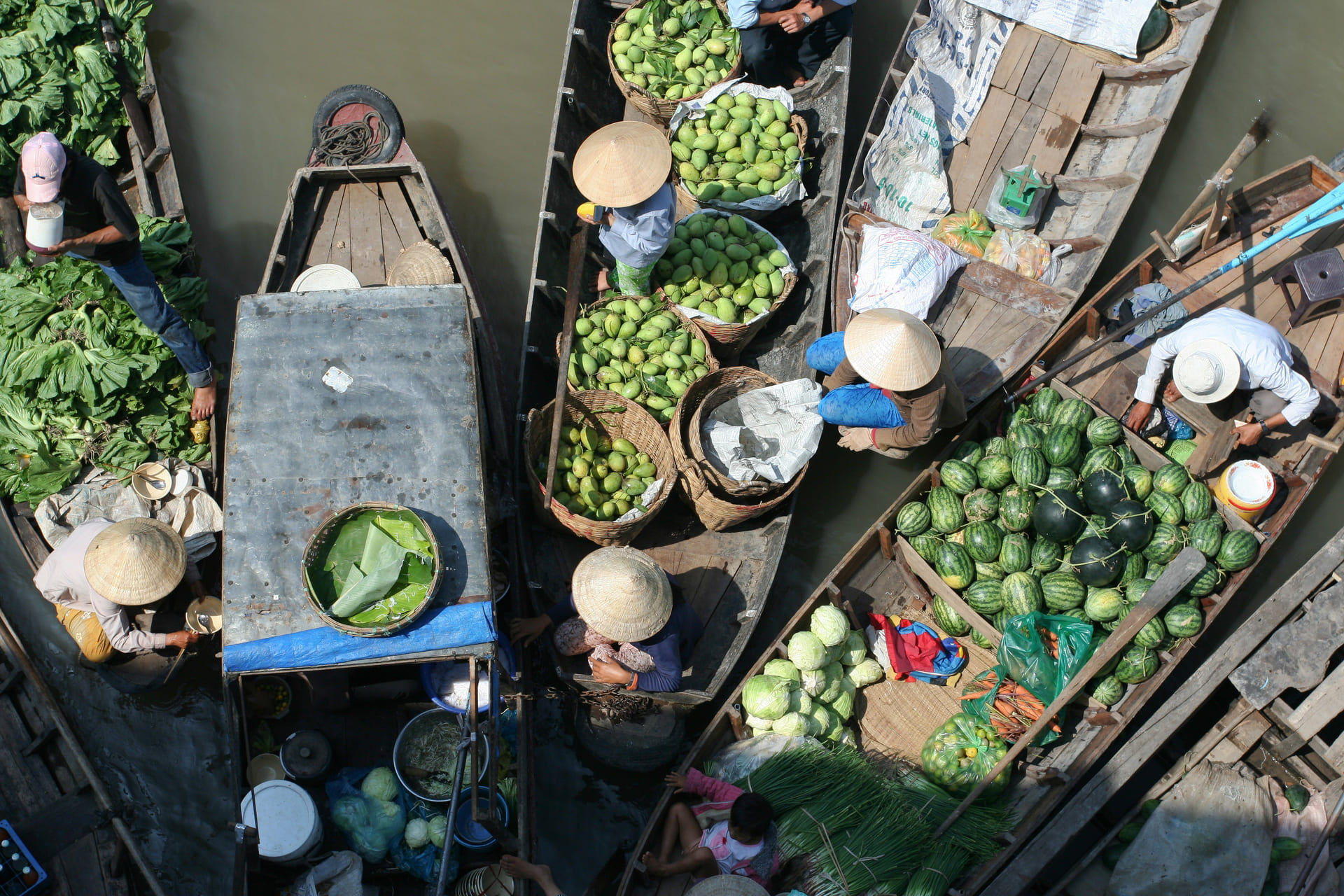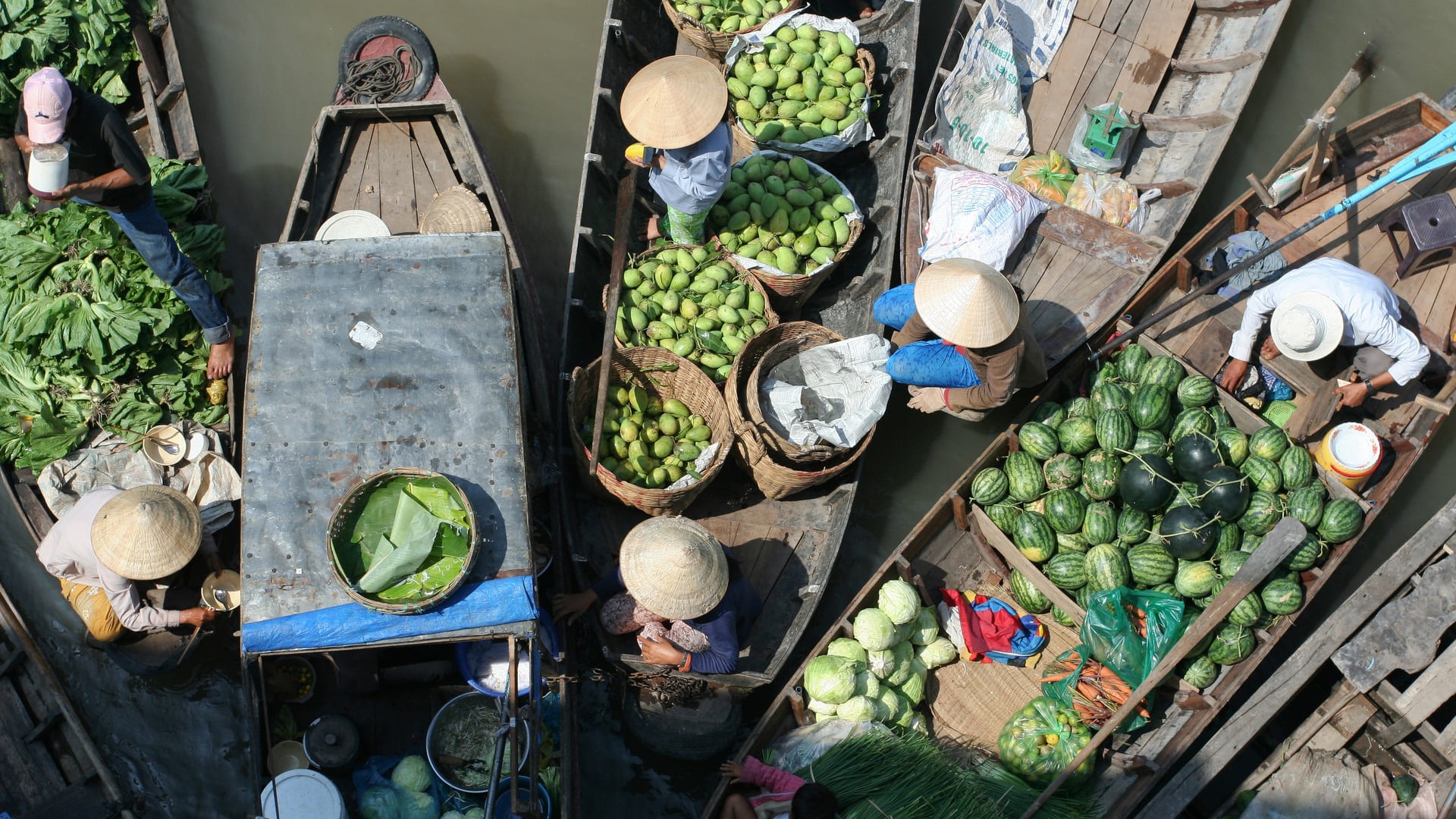Prosperity and small business enterprises
Traditional skills can incite a renaissance in education, entrepreneurship and job creation to play a vital role in supporting economic growth. There is an opportunity for a paradigm shift where tradition and ancient knowledge support innovation.

The role of cultural heritage in achieving Sustainable Development Goal 8
Local knowledge and intangible culture play a vital role in achieving the United Nations’ Sustainable Development Goal 8: to promote sustained, inclusive and sustainable economic growth, full and productive employment, and decent work for all.
Cultural heritage is recognised by UNESCO as “an enabler and driver of the economic, social and environmental dimensions of sustainable development”. Integrating tangible and intangible culture into contemporary initiatives is essential for establishing a creative economy with strategies to eradicate poverty, generate economic growth and establish a new paradigm of development.
Incorporating traditional skills to support economic growth
Entrepreneurial skills of invention, adaptation and improvisation are constants in the work of traditional artisans, who can contribute to the development of remote, rural, agrarian areas as well as to burgeoning cities. These skills, which are often in the hands of the poorest and the eldest, can incite a renaissance in education, entrepreneurship and job creation. These seemingly humble abilities can improve economic, social and environmental aspects of people's lives.


Women, who are responsible for much of the productive work in agriculture, manufacturing and other sectors, are sometimes undercompensated and even unrewarded in the formal economy. The eldest generations who have skills to share are also at the periphery of formal economies. Linking their expertise to the larger economy is key to developing jobs and stable incomes for all.
The United Nations’ goal to promote inclusive, sustainable economic growth and productive employment is best achieved in four main ways:
by incorporating traditional skills, local knowledge and marginalised populations into the economy;
by reconfiguring habitats through clean energy and sustainable design;
by educating for inclusivity and opportunity;
by creating a world economy that replenishes the planet.
Paradigm shift where tradition supports innovation
Abrupt shifts in global tourism patterns, a result of travel restrictions necessitated by the COVID-19 pandemic, have thrown local artisans, entrepreneurs and a new generation of heritage conservationists to the forefront, representing the start of a new paradigm.
At Angkor Archaeological Park in Cambodia, the stunning drop in international tourism resulted in an exceptionally productive period of archaeological research, restoration of monuments and landscape, as well as a massive urban infrastructure project in Siem Reap.
Women are playing leading roles in this, as engineers, archaeologists, farmers, teachers and even labourers on roads and waterworks. Those who lost their jobs cleaning hotel rooms can be found at home weaving mats from pha’av (Licuala spinosa) and romcheck (Pandanus pandanacea). A few still know the methods of water-proofing hand-woven baskets with lacquer from Dipterocarpus alatus and hand-making incense.
On a natural heritage level, the fact that many once-flourishing plants are now scarce, or threatened with extinction, calls out for the revitalisation of forests, farms and urban gardens. A new generation of young professionals are taking on the challenges of heritage preservation, education, ecology and urban development to shape the future. Local skills and ancient knowledge paired with enterprise and education put these conservation professionals at the cusp where tradition informs innovation.
